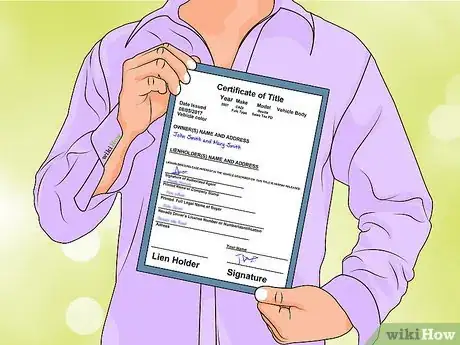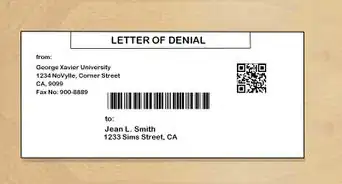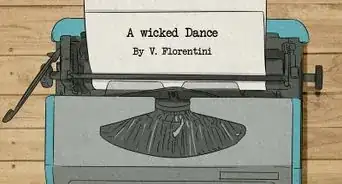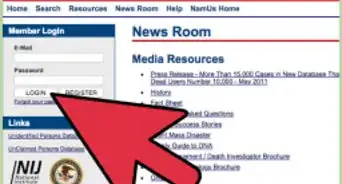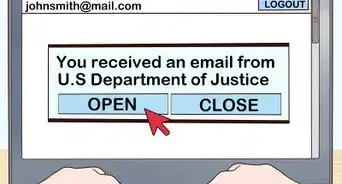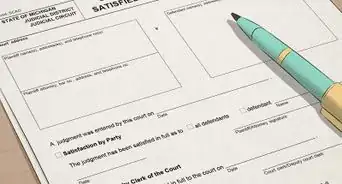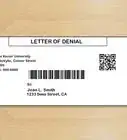This article was co-authored by wikiHow staff writer, Dan Hickey. Dan Hickey is a Writer and Humorist based in Chicago, Illinois. He has published pieces on a variety of online satire sites and has been a member of the wikiHow team since 2022. A former teaching artist at a community music school, Dan enjoys helping people learn new skills they never thought they could master. He graduated with a BM in Clarinet Performance from DePauw University in 2015 and an MM from DePaul University in 2017.
There are 12 references cited in this article, which can be found at the bottom of the page.
Learn more...
You’re in the market for a used vehicle and find a great deal with a supposedly clean title, but how can you make sure it’s not too good to be true? While it’s impossible to legally change a rebuilt or salvage title to a clean one, that doesn’t mean there aren’t scammers out there who know how to trick buyers. In this article, we’ll review the different types of titles and the laws around them, plus show you how to verify a vehicle’s title history and make sure a rebuilt vehicle is safe for the road. Let’s get started!
Things You Should Know
- It’s illegal to turn a rebuilt or salvage title into a clean title in the US. Scammers accomplish this by forging clean titles or moving cars across state lines.
- To confirm a vehicle’s title status, run a VIN check or request a vehicle history report online.
- Before purchasing a rebuilt vehicle, have it inspected by a mechanic and get quotes from multiple insurers to make sure you can find affordable coverage.
Steps
References
- ↑ https://www.dirtlegal.com/blog/title-washing-is-illegal-dangerous-and-more-common-than-car-theft
- ↑ https://www.wolterskluwer.com/en/expert-insights/title-washing-and-types-of-vehicle-titles
- ↑ https://www.justice.gov/usao-edmi/pr/farmington-hills-man-sentenced-116-months-prison-title-washing-scheme
- ↑ https://www.thebalancemoney.com/what-is-the-title-of-a-car-4049167
- ↑ https://www.state.nj.us/mvc/vehicles/salvage.htm
- ↑ https://www.bankrate.com/insurance/car/rebuilt-vs-salvage-title/
- ↑ https://www.txdmv.gov/motorists/buying-or-selling-a-vehicle/title-check-look-before-you-buy/junk-title-brands
- ↑ https://www.thebalancemoney.com/what-is-the-title-of-a-car-4049167
- ↑ https://vincheck.info/title-washing-in-america
- ↑ https://dmv.ny.gov/dmv-records/how-order-and-access-motor-vehicle-accident-report
- ↑ https://www.nerdwallet.com/article/loans/auto-loans/buy-used-car
- ↑ https://www.nerdwallet.com/article/loans/auto-loans/buy-used-car
- ↑ https://www.nerdwallet.com/article/insurance/salvage-title
- ↑ https://www.autolist.com/guides/title-washing
- ↑ https://www.dirtlegal.com/blog/title-washing-is-illegal-dangerous-and-more-common-than-car-theft
